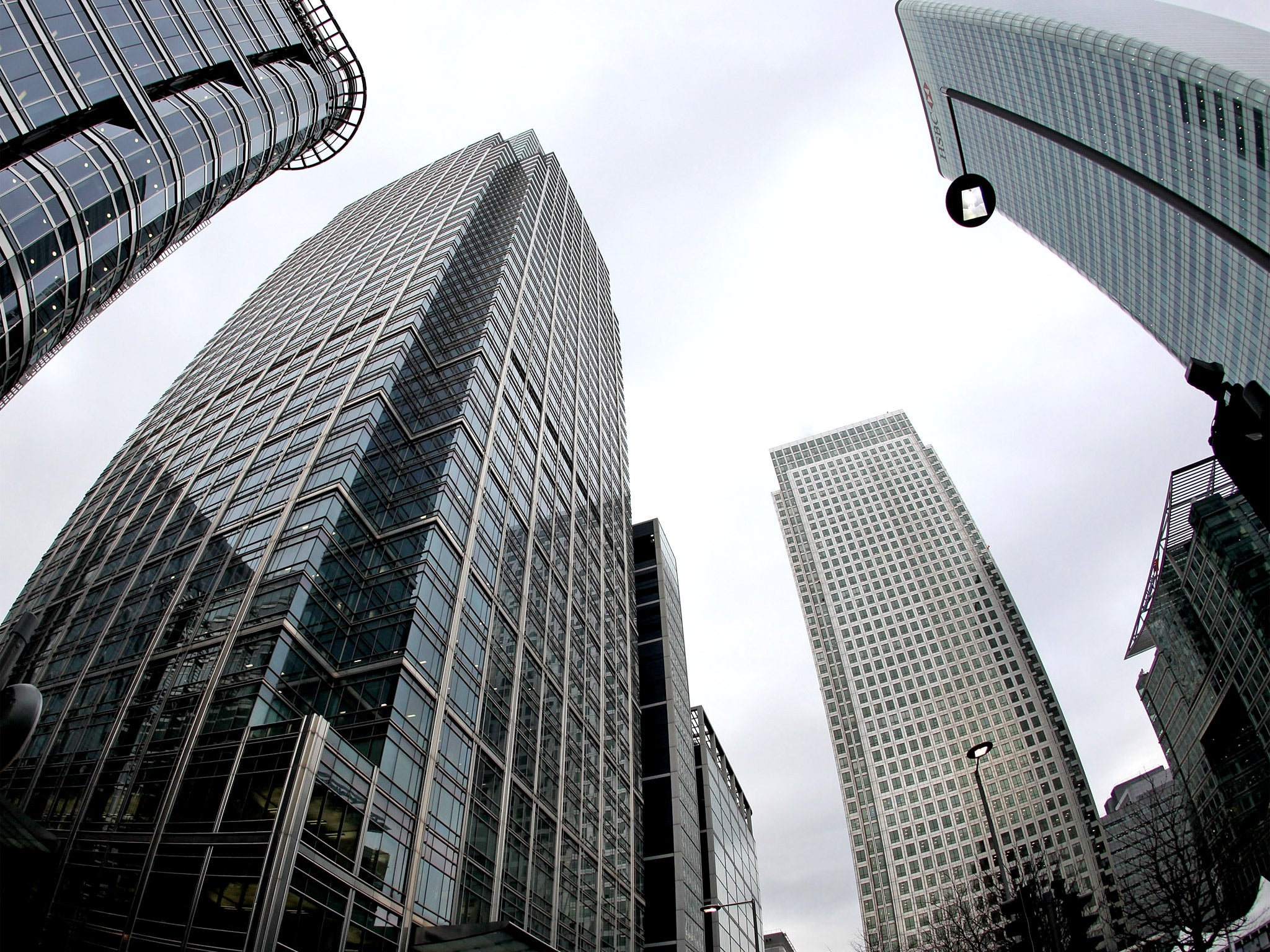After Harris and Coulson, isn't it about time for a historic banking crime investigation?
After a string of unprecedented sex abuse and hacking trials, it would make sense


Your support helps us to tell the story
From reproductive rights to climate change to Big Tech, The Independent is on the ground when the story is developing. Whether it's investigating the financials of Elon Musk's pro-Trump PAC or producing our latest documentary, 'The A Word', which shines a light on the American women fighting for reproductive rights, we know how important it is to parse out the facts from the messaging.
At such a critical moment in US history, we need reporters on the ground. Your donation allows us to keep sending journalists to speak to both sides of the story.
The Independent is trusted by Americans across the entire political spectrum. And unlike many other quality news outlets, we choose not to lock Americans out of our reporting and analysis with paywalls. We believe quality journalism should be available to everyone, paid for by those who can afford it.
Your support makes all the difference.We have been so transfixed by the criminal trials of the former stars of TV entertainment shows and of tabloid editors and journalists these past few weeks that we haven’t noticed who has been missing. Not a single senior banker has come before the courts.
Is it because the banks’ reckless overtrading that caused the financial crisis, cost taxpayers billions of pounds and created a global recession is hardly worth the time of the courts given the other matters they have to handle? I don’t think this can be so.
There is, it seems, a difficulty in recognising criminal behaviour for what it is when a respectable institution carries it out. To take a minor example, British banks, for instance, have put aside some £20bn to compensate customers for mis-selling them payment protection insurance. Now mis-selling financial products superficially seems like what I call an “Ooo woops!” situation. “Sorry, I’ve made a mistake there and I will put it right.” Hardly criminal, one might think.
Well, it is a strange simple error that can be perpetrated by so many banks, on such a scale, over such a period of time, that £20bn is required to cover the losses inflicted on customers. In effect that is £20bn knowingly taken out of customers’ pockets by banks, which often incentivised their staff to increase this type of business with large amounts of commission so that profits could be harvested.
So what explains the failure to prosecute senior bankers? One reason often put forward is that it is difficult to prove fraudulent intent on the part of the high-level management of banks. David Green, Director of the Serious Fraud Office, recently told a BBC programme that “in order to make a company liable for fraud or dishonesty by its senior management, the law requires that a controlling mind was complicit or involved in that fraud or dishonesty”.
In the US, on the other hand, the doctrine of wilful blindness holds that defendants cannot escape by deliberately shielding themselves from involvement in crime. This is where the recent conviction of the former editor of the News of the World, Andy Coulson, is so interesting. For he was not, of course, found guilty of hacking phones himself but of “conspiracy to intercept voicemails”. “Conspiracy” and “wilful blindness” are beginning to seem like the same thing to me.
The second major objection to bringing senior bankers before the courts is that such prosecutions would themselves harm the economy by undermining confidence in the banks themselves. Andrew Bailey, for instance, the Chief Executive Officer of the Prudential Regulation Authority, said just before he was appointed that bringing a legal action against a major financial institution raised “very difficult questions”. He told The Daily Telegraph that some banks had grown too large to prosecute. “It would be a very destabilising issue,” he said. “It’s another version of too important to fail.”
Now I accept that confidence is a precious commodity for banks. Once a bank loses it, depositors are swift to withdraw their funds and a bank run quickly develops. But this possibility can be vastly exaggerated. And fortunately we have a recent example to show this. When it appeared likely that the large French bank, BNP Paribas, would be fined $10bn by the US authorities for breaking the American embargo on financing oil trading by countries such as Iran, Sudan and Cuba, it became a big issue between the two governments. For in addition it was proposed that BNP Paribas would be denied access to dollar markets for a period.
The French President, François Hollande, told President Obama that such a fine – and banning trading in dollars – would cause irreparable damage both to BNP Paribas and to the French financial system. In the event the fine was reduced slightly, being set at $8.9bn and the ban on dollar-clearing was time limited. Then when the news was announced on Tuesday, the shares rose 3.6 per cent and Jean-Laurent Bonnafé, the chief executive, said that “indications are that at this stage [there will be] no major impact on the business”.
So much for any bank being too big to punish. And there is a second reason why I think British regulators should pay particular attention to this example. The US Department of Justice insisted, as part of the settlement, that about a dozen employees should lose their jobs up to the level of the Chief Operating Officer, Georges Chodron de Courcel. That is a useful precedent.
But at the risk of repeating a cliché, I think there is a strong element of establishment cover-up in not prosecuting senior bankers. When the perpetrators of a crime closely resemble the establishment of the day in background, habits and outlook, then the chances of being prosecuted drop sharply.
Join our commenting forum
Join thought-provoking conversations, follow other Independent readers and see their replies
Comments